One of the revelations of the 14 April military attack on three government sites in Syria by the United States, France and Britain is that the specifics of Bashar al-Assad’s enduring WMD program must have been known, in advance, by Western intelligence agencies. How else could the Allies – in response to the Douma atrocity – target with such alacrity and precision the Barzeh research and development site in Damascus, the Him Shinsar storage site near Homs and the Him Shinsar bunker also near Homs?
Self-evidently, everything the Obama administration ever said about ending Syria’s chemical weapons industry through the auspices...
Already a subscriber? Log in
Subscribe for just $2 a week
Try a month of The Spectator Australia absolutely free and without commitment. Not only that but – if you choose to continue – you’ll pay just $2 a week for your first year.
- Unlimited access to spectator.com.au and app
- The weekly edition on the Spectator Australia app
- Spectator podcasts and newsletters
- Full access to spectator.co.uk
Unlock this article
You might disagree with half of it, but you’ll enjoy reading all of it. Try your first month for free, then just $2 a week for the remainder of your first year.

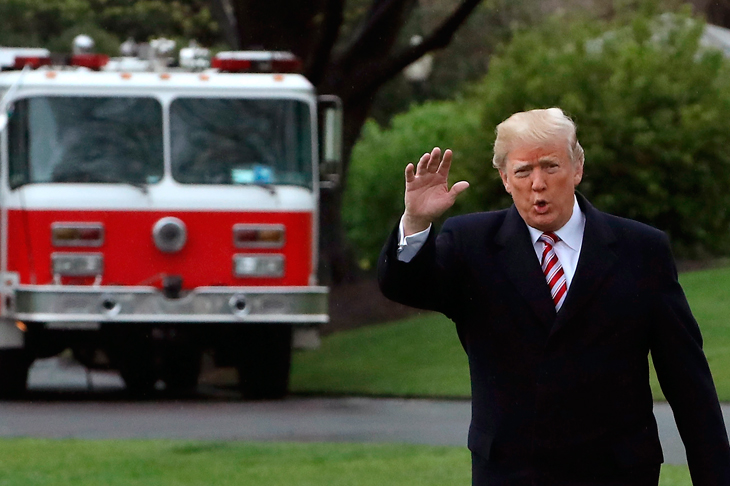
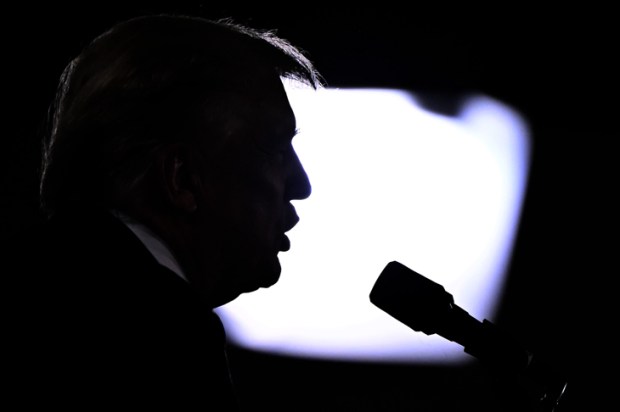
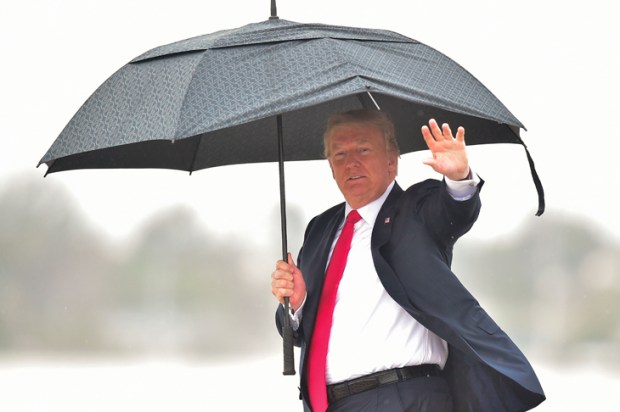

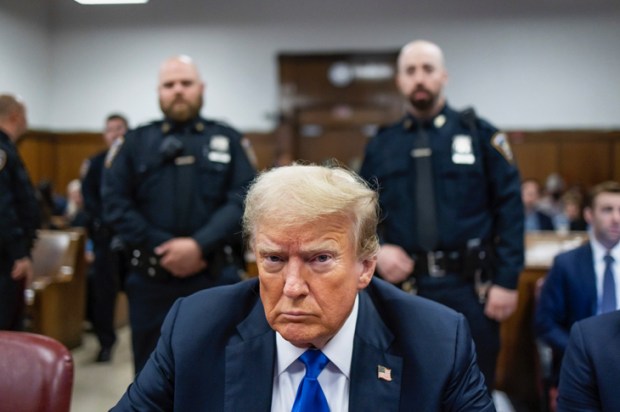
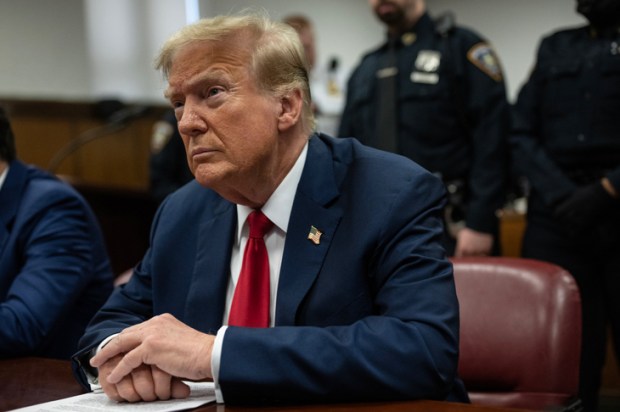







Comments
Don't miss out
Join the conversation with other Spectator Australia readers. Subscribe to leave a comment.
SUBSCRIBEAlready a subscriber? Log in